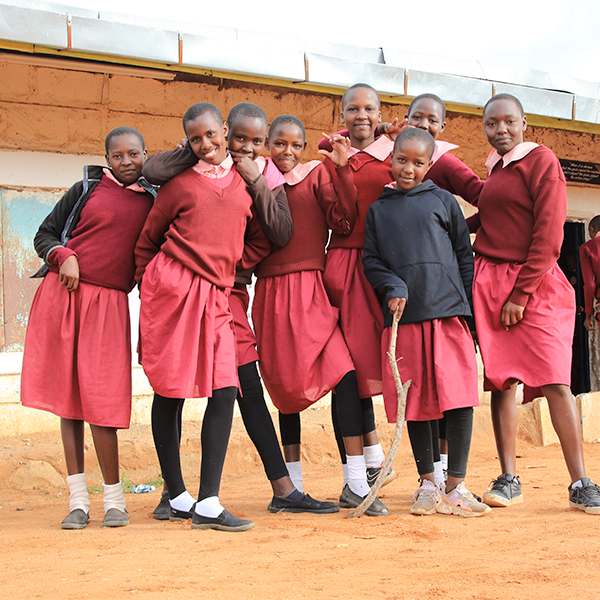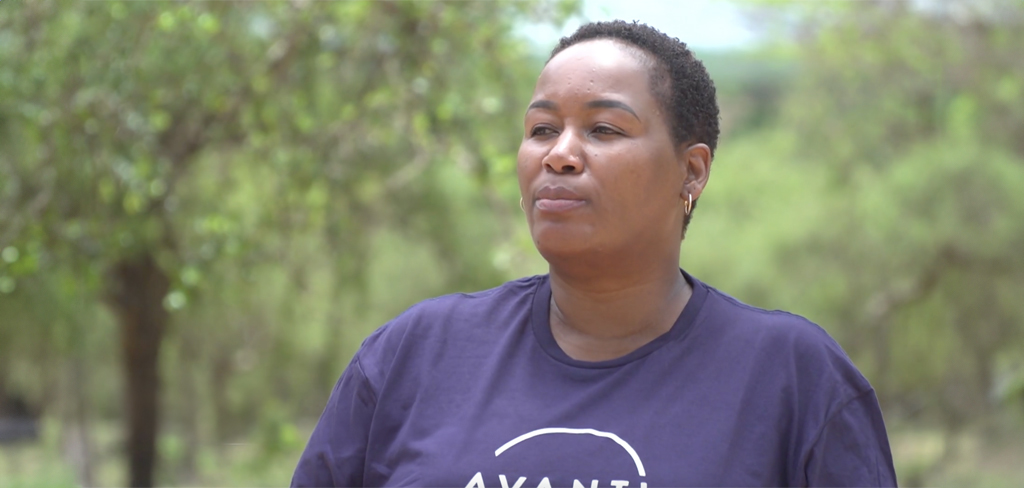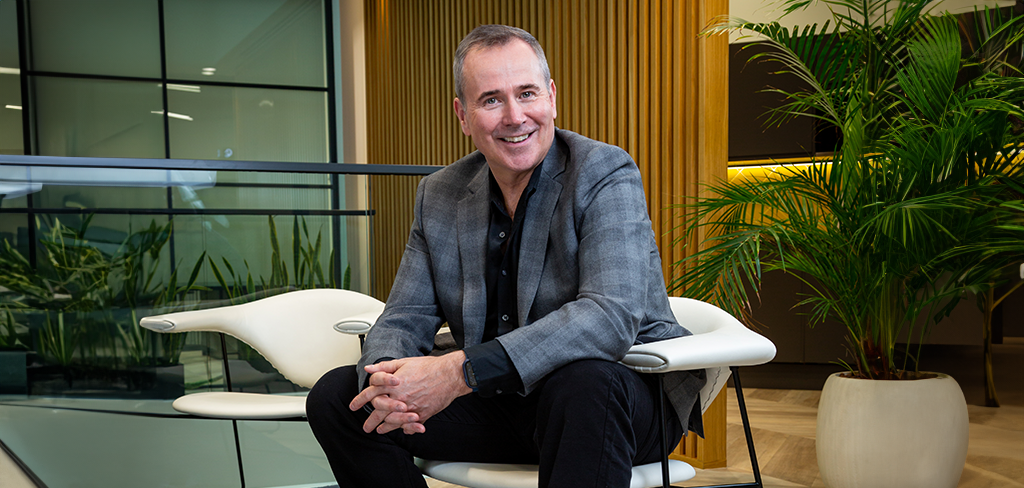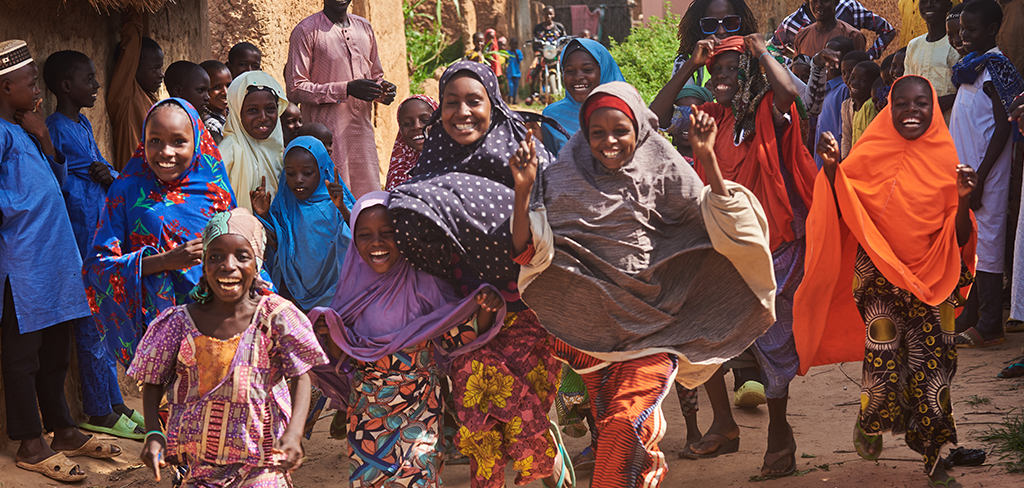In rural communities where traditional internet infrastructure is limited or non-existent, satellite connectivity plays a pivotal role in bridging the digital divide in education. It facilitates remote learning and enhances teaching and learning outcomes by enabling access to online educational resources. Over the past decade, at Avanti, we have remained dedicated to implementing satellite-enabled education programmes in the most remote areas across Africa.
Throughout this journey, we have come to recognise the critical importance of a Safeguarding Officer within educational settings. Their role is indispensable in ensuring the protection of children, and they actively work to mitigate the risk of harm within educational settings.
Meet Keziah, our Safeguarding Officer, who ensures that all Avanti-led education projects keep the children and young adults safe.
What is the role of a Safeguarding Officer?
A safeguarding officer is responsible for protecting children and young people, from physical, mental, and emotional harm or abuse. They also help to prevent harm or abuse by spotting imminent signs or danger early and investigate as appropriate. This role is critical for Education projects as it provides assurance to all stakeholders that Avanti fulfills its responsibilities, obligations, and commitment to keep all children and young people safe.
What are your key responsibilities?
As a Safeguarding Officer, my role involves preventing harm by assessing and identifying risks and implementing best practices in an organization through developing procedures and policies, these include:
- Delivering safeguarding training to Avanti employees and any sub-contractors working on Avanti-led education projects.
- Preventing any risk or harm to children involved in Avanti-led education projects.
- Responsible for responding to any breaches of code of conduct.
- Reporting any incidences of child abuse.
How do you work with schools?
The schools I work with are marginalised and rural African schools that have been connected to the internet via Avanti’s ubiquitous satellite network. I work closely with them to ensure the preventative safeguarding measures are put in place. These measures are enabled to keep learners who interact with Avanti’s educational tools safe and promote their well-being. This is achieved through training of Avanti employees and sub-contractors, and the filtering of online and offline education content.
Why is safeguarding role important?
At Avanti, we take our safeguarding obligations and responsibilities extremely seriously. We ensure all safeguarding measures and policies are always followed during any interaction with learners, which ensures smooth running of Avanti-led education projects and service delivery. It fosters a protective and supportive environment for all children, where the well-being and safety of learners within the school community is promoted.
It’s also very important for our partners and stakeholders. It provides the assurance and confidence that thought and careful analysis has been put into the safety of the environment of Avanti-led education projects.
Talk to us about the Girls’ Clubs.
Across the globe, an estimated 89% of girls are now in school, while more of the 129 million girls who are out of school are gaining access to community-based education. However, we know that attention must be paid to the quality of girls’ experiences in school rather than simply celebrating access alone (Girls’ Education Challenge brief report February 2023).
Quarterly reports from Avanti’s iMlango project indicated unique challenges faced by girls in schools. That’s why we decided to create Girls’ Clubs within schools where the project ran.
The Girls’ Clubs were established in collaboration with the UK Foreign, Commonwealth and Development Office’s Girls’ Education Challenge program which aimed to improve the educational opportunities of the world’s most marginalised girls. They create a safe space for girls to express and share issues affecting their educational journey.

Project evaluations have been very positive and have shown that Girls’ Clubs positively influence the following areas:
- Self-confidence and self-efficacy.
- Levels of knowledge around key issues affecting their education.
- Attitudes towards gender equality.
- School retention and attendance.
Benefits of the Girls’ Clubs:
- Girls are supported as they grow and experience gender inequality that constrains their educational opportunities.
- Girls are engaged on the issues that matter to them.
- Sessions take place at times and locations that are appropriate and suitable for girls.
- The Girls’ Clubs are facilitated by female teachers trained in mentorship, hence ensuring the girls feel comfortable to share and discuss issues affecting them.




